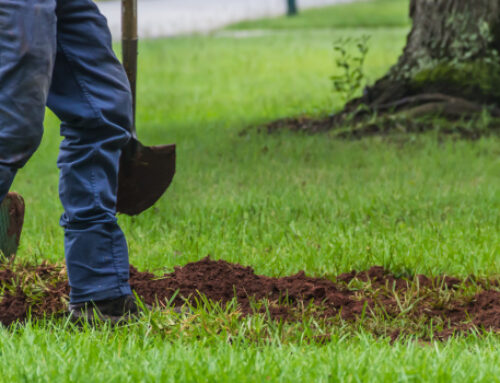As spring approaches and the days grow warmer, many communities want to come together to celebrate the season. One fantastic way to foster a sense of togetherness in the spring is with a community-wide Easter (or springtime) egg hunt. Whether you’re a seasoned community event planner or a first-time organizer, this guide will walk you through the essential steps to host a safe, inclusive, and fun-filled Spring egg hunt event that brings neighbors together and strengthens community bonds.
Step 1: Gather community support.
The success of a community egg hunt hinges on community involvement. If you are already a member of your HOA board, reach out to your fellow members with your idea and encourage participation. If you are a homeowner wanting to make your idea a reality, talking to your HOA board is a great place to start. Introduce the idea and offer to help. Whether or not such an event can happen will likely depend on your HOA’s activity budget, along with any other potential conflicts (other planned activities, past community interest, etc.).
Once the idea is approved and moving forward, establish a committee or enlist volunteers to help with planning, organizing, and executing the event. A collaborative effort not only takes the burden off one person, but also promotes a diverse range of ideas and skills, creating an event that everyone in the community will enjoy.
Step 2: Secure permits and choose a time and place.
Check with local authorities to secure any necessary permits for your community event. Once that’s sorted, choose a central location within your community to host the egg hunt. Common choices include community parks, open grassy spaces, or even a designated area within your neighborhood, such as a community center. Ensure the venue is accessible to all residents and, if possible, find a place that has ample space for different age groups.
Additionally, choose a date and time that will likely accommodate families. A weekday morning, for example, may not allow many residents to participate.
Step 3: Communicate effectively.
Clear, frequent communication is key to the success of any community event. Utilize various channels to get the word out (such as community newsletters, social media, and bulletin boards), and keep residents informed about the egg hunt. Clearly state the date, time, and location, and provide contact information for any questions or concerns. Use visual aids like posters to create excitement and generate interest.
Step 4: Gather supplies and sponsorship.
Reach out to local businesses or community members to secure sponsorships for the event. This could involve donations of plastic eggs, baskets, or decorations, but could also include general financial support. Establishing partnerships like these not only helps with the budget, but also instills community pride and collaboration. Plus, local businesses will be happy for the marketing opportunity!
Step 5: Establish age-appropriate egg hunt zones.
Cater to residents of all ages by organizing age-appropriate egg hunt zones. Designate specific areas for different age groups to ensure fairness, safety, and a more enjoyable experience. This thoughtful approach makes it more likely that every participant, from toddlers to teenagers, will have the chance to enjoy the hunt without feeling overwhelmed, left out, or disappointed by the results. If you simply can’t create multiple zones with the space you have, consider putting an age cap on participation, so that younger children are able to enjoy the event more fully.
Step 6: Add egg-citing decorations.
Transform the chosen venue into a springtime wonderland by incorporating vibrant decorations and thematic elements. Use pastel-colored banners, bunny cutouts, or floral arrangements to create a festive ambiance. Engage the community in a friendly decorating competition, encourage everyone to wear their best spring attire, or ask residents to contribute other creative ideas. The point is to create a memorable experience for all, and these finishing touches can go a long way toward making that happen.
Step 7: Set safety guidelines.
Prioritize the safety of all residents by establishing clear safety guidelines for the egg hunt. At the event, display posters or hand out small flyers to communicate rules about staying within designated areas, respecting boundaries, and being mindful of others. Designate volunteers or community members to supervise different zones and ensure a secure environment for everyone.
Step 8: Foster community spirit with additional activities.
Extend the festivities beyond the egg hunt by incorporating additional spring-related activities that promote community bonding. Consider organizing a communal picnic, a petting zoo, a face-painting station, or a chance to get a picture with the Easter Bunny. Host a family fun-run or hold competitions like a 3-legged race or an egg toss. You could even rent food trucks or treat stands to encourage people to stick around and enjoy the time together. The more activities you are able to include, the more chance you have of creating a fun celebration (and perhaps a new tradition) for your community.
Hosting a community-wide Easter egg hunt is a wonderful way to strengthen community bonds, create lasting memories, establish a vibrant neighborhood, and give residents another reason to love where they live. With careful planning, any HOA board or resident can organize a springtime event that community members of all ages will look forward to each year. Happy hunting!
Visit our blog for more helpful HOA management tips, or if you are looking for a new community manager, contact us today for a free HOA management quote and see why our customers love us.







